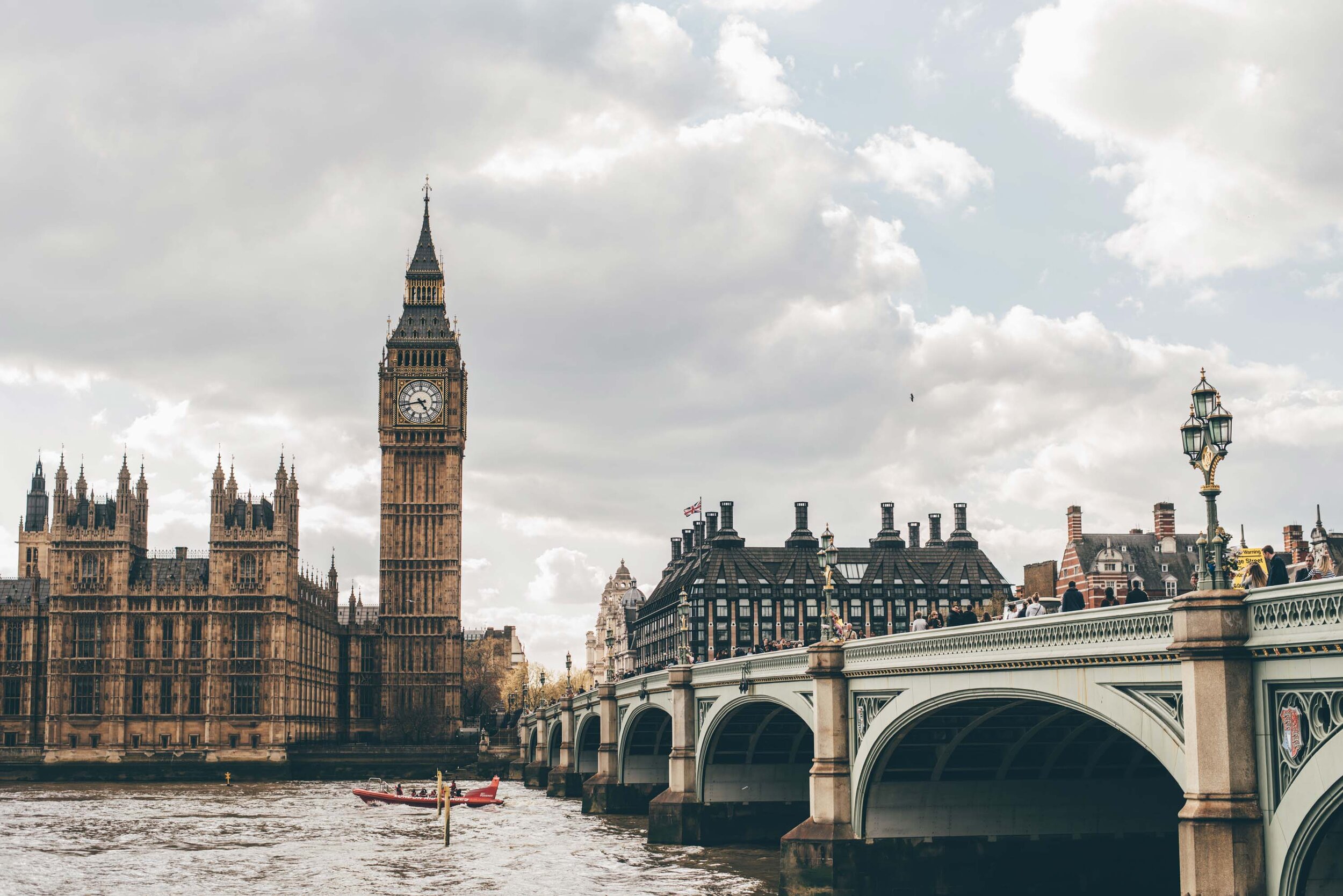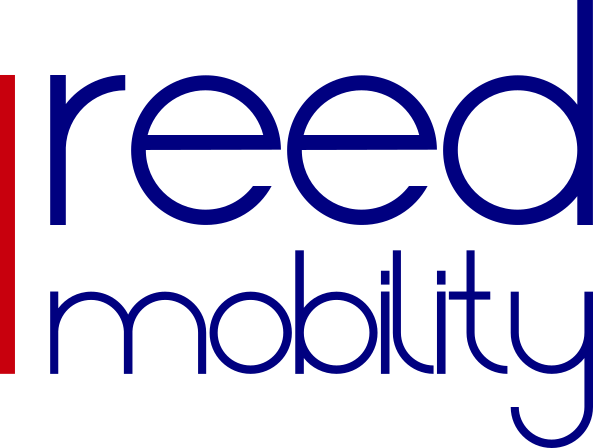
how we work
At Reed Mobility, we work across with the public, private and academic sectors and with organisations ranging from start-ups to multinationals to deliver trusted, independent and valuable insights to tackle the critical issues facing surface transportation
our work in relation to transportation is framed by the following perspectives:
| Safety
No-one should expect to die or be seriously injured in the course of the normal operation of the transport system. The Vision Zero approach is used to ensure that all sources of risk in the transport system are explored and to determine where resources can be used most effectively to prevent collisions. The advent of new technologies, such as automated vehicles, brings the possibility to reduce the frequency and severity of collisions but we must be mindful of new types of risk that might emerge with their adoption.
Reed Mobility can help in the understanding of risk and the effectiveness of mitigations for infrastructure, vehicles, drivers and road users.
| Environment
Perhaps the defining topic of our era. The construction of transport infrastructure and the operation of vehicles has a significant impact on our environment. The transport system should function to support travel needs sustainably. This entails a variety of measures including reducing travel need, minimising air travel, maximising active travel, supporting effective use of public transport systems, encouraging shared travel options, shifting to vehicles with lower emissions / lifetime impact and maximising efficient freight movements.
Reed Mobility can help in the development and operation of transport systems that minimise environmental harm.
| Prosperity
For centuries, mobility has been directly associated with prosperity; the greater our freedom and capacity to move, the greater our financial and social prosperity and the better our prospects for healthcare and education. Our transport system should support mobility to ensure greater overall prosperity and promote its more equitable distribution whilst respecting safety and environmental concerns.
Reed Mobility can help in creating transport systems that serve communities by increasing prosperity and equality.
| Productivity
For businesses, mobility enables access to markets and supply chains and provides employment for many workers. The transport system should serve to increase productivity and prosperity without increasing environmental harm or safety risk and where the migration to automated systems is accompanied by suitable transition planning for affected workers.
Reed Mobility can help in the design and operation of transport and logistics operations that sustainably increase efficiency.
| Technology
Advances in technology have produced global changes in mobility resulting in improved quality of life for many but have also caused environmental damage and inequitable distribution of prosperity and risk. Connectivity and automation now promise further transformation of transportation systems with significant uncertainty over the shape and size of their impact. Having worked on some of the highest profile automated vehicle projects, it is clear there is some distance between the Utopian visions of future mobility and state of the art technologies. Effectively navigating this territory requires knowledge of the technology, regulatory and public attitudes landscapes.
Reed Mobility can help in the design of future transport systems that account for future technologies whilst recognising the pragmatic realities of today’s world.
| Joy
Often overlooked, our transportation systems should also bring joy. That joy could be through the aesthetics of well designed infrastructure, the social activities enabled by transportation, the freedom to choose our preferred mode or the pleasure of an ergonomic interface. That transportation can bring peace, happiness and a sense of freedom should not be disregarded.
Reed Mobility can help to rejuvenate transport systems by consideration of the joy that they can bring.







